
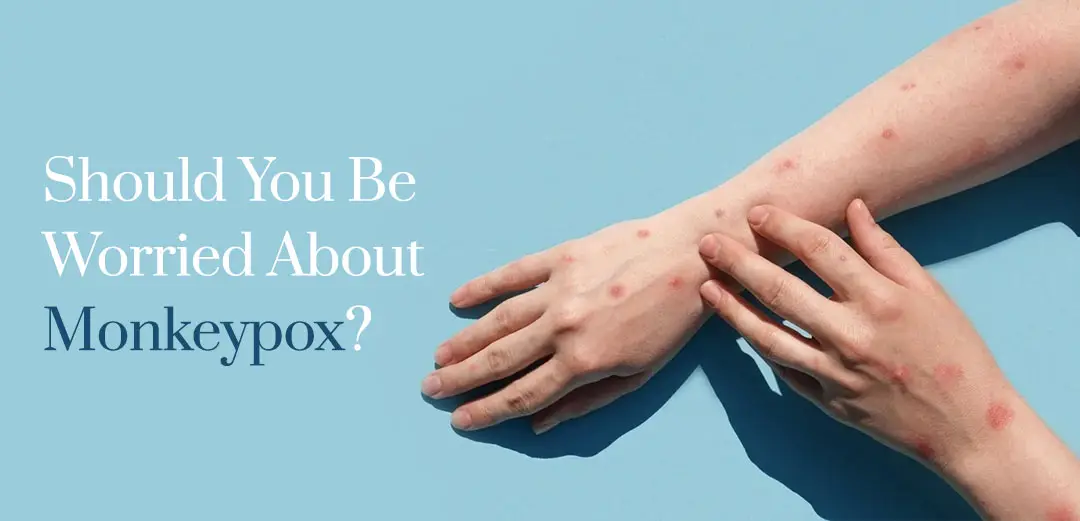
While the world still reels from the COVID-19 pandemic, monkeypox is the new word on everyone’s lips. With good reason, as it seems to be spreading fast, with 18,000 worldwide cases in the US as of August 29, 2022.
What should you know about the emerging health concern? Continue reading…
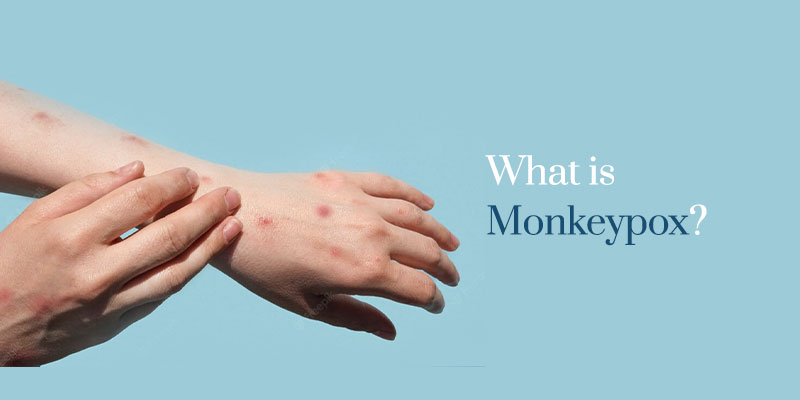
Monkeypox is a relative of smallpox and cowpox, all coming from the genus orthopoxvirus of the family poxviridae. Despite the name, it is not related to chickenpox. These viruses can be transmitted from animals to humans and humans to animals.
Getting monkeypox from an animal usually involves being scratched or bitten by the infected animal, but it is also possible if eating or using byproducts from an infected animal. The animal populations of concern are squirrels and mice, especially in metropolitan areas.
Monkeypox, before this outbreak, was endemic to some countries in Central Africa and West Africa, but North America and Europe identified new cases in May 2022. The Democratic Republic of Congo identified the first Monkeypox virus in 1970. Between 2011 and 2014, researchers had only identified an estimated 2000 cases of monkeypox in the region.
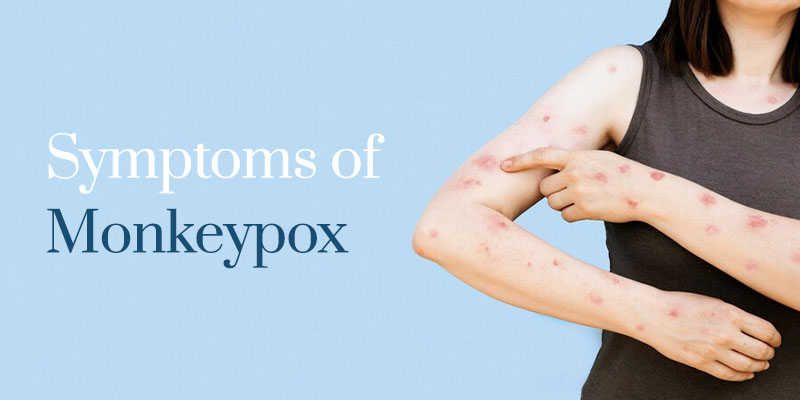
The most common symptoms of monkeypox infection are fever, chills, fatigue, body aches, headaches, and swollen lymph nodes. The most apparent sign of monkeypox is a rash where lesions appear as pimples or blisters, commonly starting on the face and moving down the body.
While most recent cases are considered mild, more severe long-term effects are extensive scarring, blindness, and death. These are more likely to occur in children, the elderly, and the immunocompromised.
According to the WHO, the spread of monkeypox occurs through “…close contact with lesions, body fluids, respiratory droplets and contaminated materials such as bedding.”
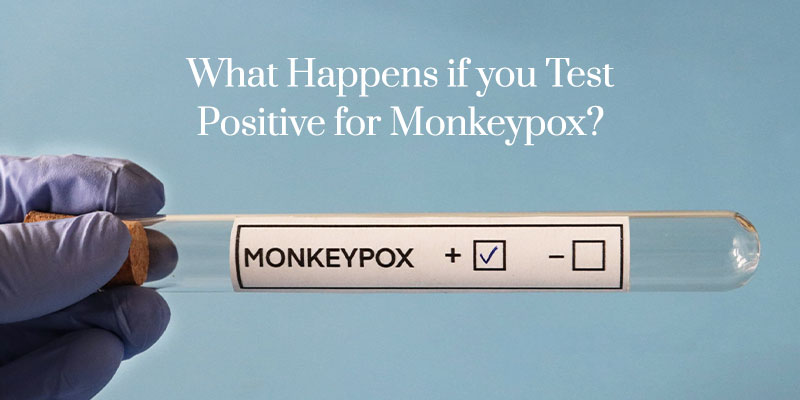
If you or someone you know tests positive, self-isolating is the most effective way to stop the spread. Over-the-counter medications such as ibuprofen or acetaminophen can help manage symptoms. When someone has monkeypox, they are contagious from when the lesions form until the rash has subsided and healed.
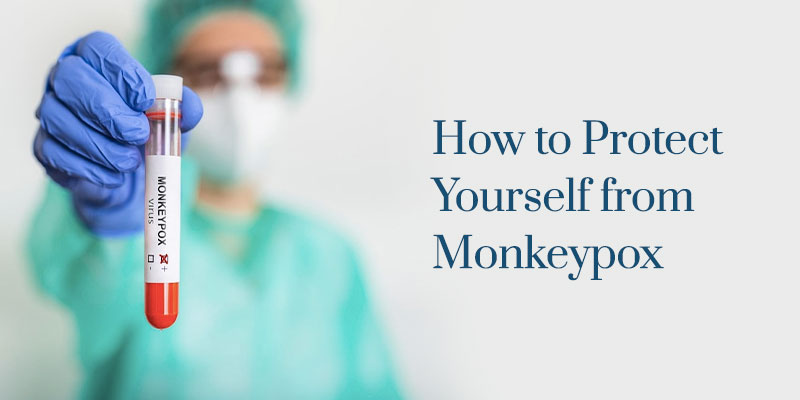
When trying to keep yourself and your loved ones healthy and monkeypox-free, the most immediate step is to avoid skin-to-skin contact. For example, do not try-on clothes or lay on store display beds. The CDC also recommends not sharing cups or utensils with someone who has monkeypox.
Currently, two vaccines for smallpox protect against monkeypox: ACAM2000 and JYNNEOS. Those with eczema should avoid the ACAM2000 vaccine. These vaccines are offered to those in high-risk groups, so check with your primary healthcare provider for additional information.
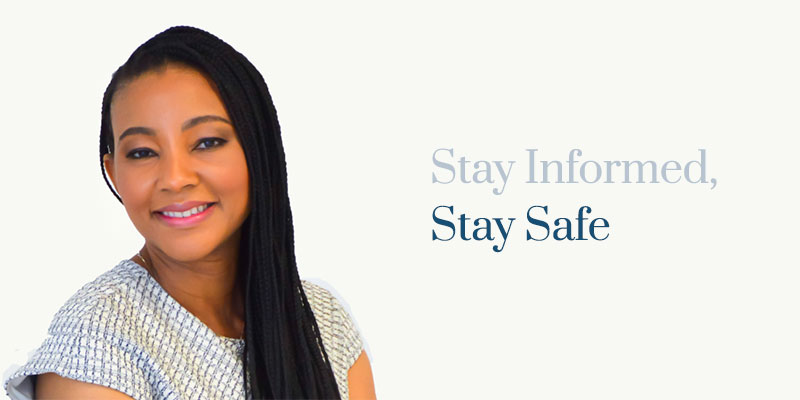
While the world is, understandably, fatigued from health crises, the safety of you, your loved ones, and your community are essential. Everyone staying diligent by wearing masks and washing hands with soap and warm water frequently are what elevates our current society from the past plagues.
While there is concern amongst at-risk groups, the most we can all do is our respective parts to help us all stay safe.